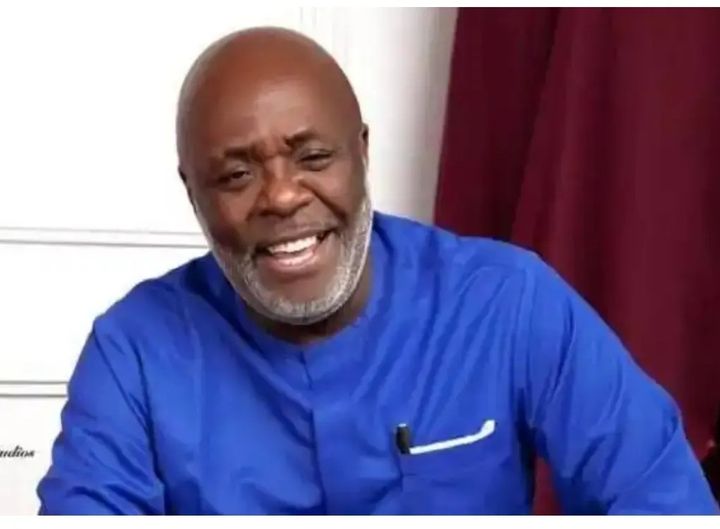Security & Crime
Court discharges and acquits Njoku, APGA national chairman, in alleged forgery case

The Nigeria Police accused Chief Edozie Njoku, the National Chairman of the All Progressives Grand Alliance (APGA), of forgery, but Justice Mohammed Madugu of the Federal Capital Territory High Court, located in Bwari, has rejected all of these claims.
On November 22, 2022, the police had charged Chief Njoku and APGA Youth Leader Chukwuemeka Nwoga with conspiring with others at large to change a Supreme Court ruling handed down by Justice Mary Peter Odili (rtd).
Read Also: Kaduna: Tinubu responds to military airstrike mishap, issues fresh directive
Judge Madugu dismissed all 14 counts that the police had filed against the APGA Chairman in her ruling on Tuesday.
The prosecution has terribly failed to prove its case against the accused, the court said, because there is “lack of sufficient and credible evidence.”
Justice Madugu issued an order saying, “I find the first defendant, Chief Edozie Njoku, and the second defendant, Chukwuma Nwoga, not guilty as charged, and therefore they have been discharged and acquitted.”
Because the police had miserably failed to meet the burden of proof that was legally exclusively placed on them, the defence attorneys had urged the court to release and acquit the accused.
In order to decide whether the prosecution had proven its case against the defendants beyond a reasonable doubt, the court accepted the question put forth by the defence attorneys.
The prosecution is required by section 138 of the Evidence Act to establish its case beyond a reasonable doubt, the court observed.
“It is crystal clear that internal disputes in APGA had played a significant role in causing the complexity of the case,” Justice Madugu said in his ruling.
The court stated on the first count that as it was an accusation of criminal conspiracy, the prosecution had to provide circumstantial evidence to support its case.
The prosecution witness, the court decided, did not present any evidence that would have connected the defendants to a plan or conspiracy to perpetrate the accused offence.
According to section 178 of the penal code, Chief Njoku’s letter to retired Justice Mary Peter Odilli did not prove that the prosecution had any dishonest purpose.
